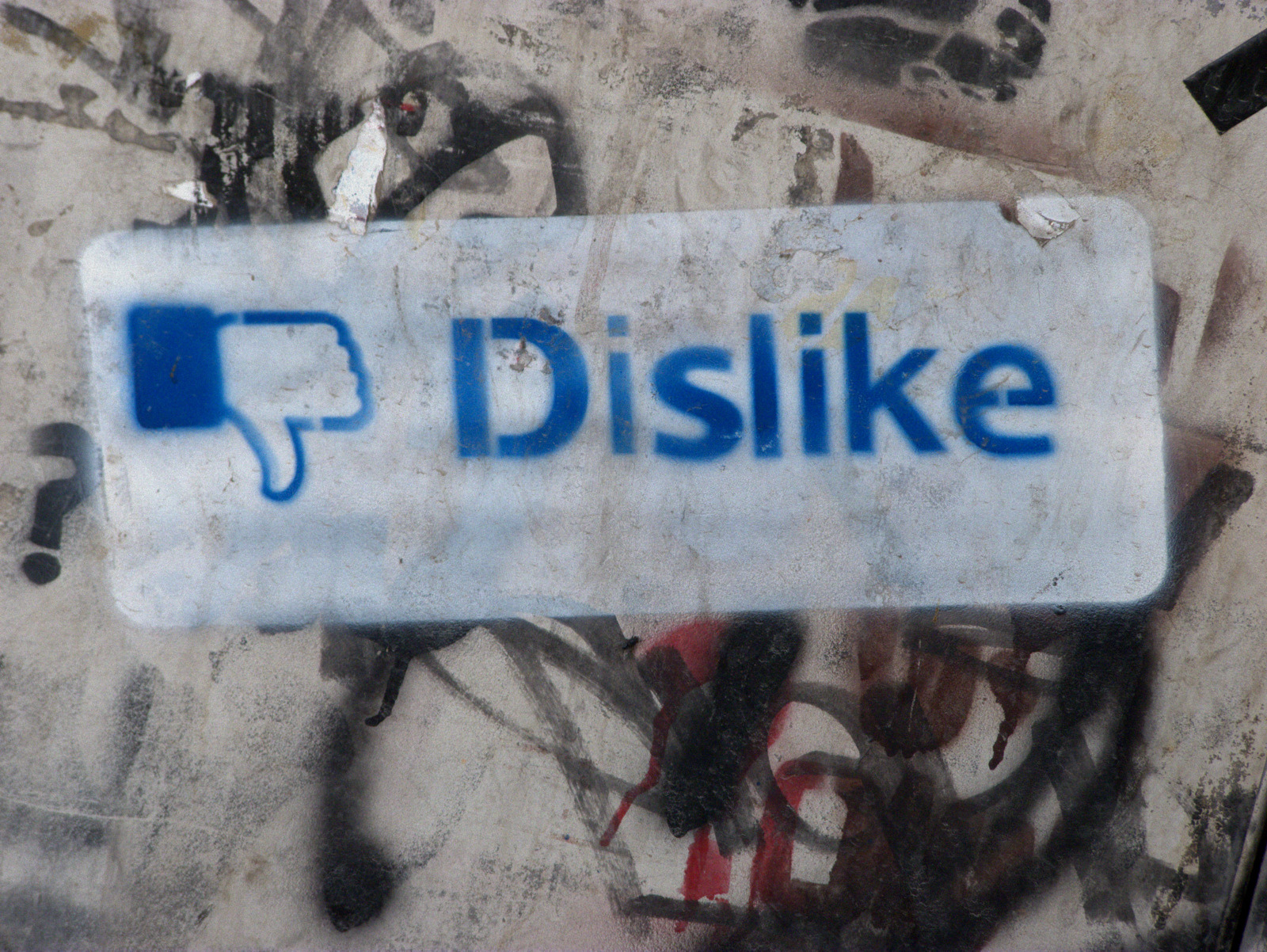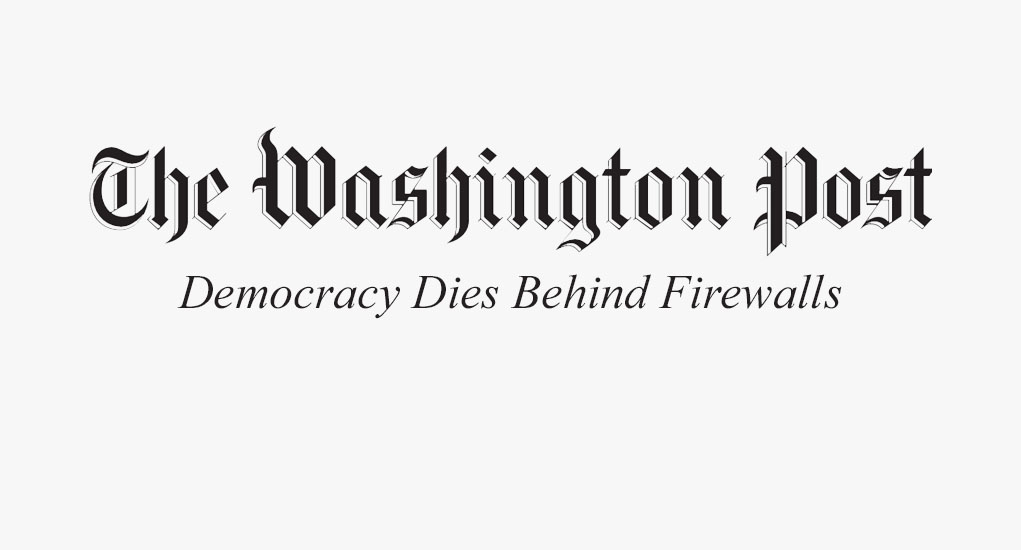Legislation aimed at lowering prescription costs is now heading to desk of Governor Ralph Northam after passing through the General Assembly. Identical bills to lower the costs of pharmacy-filled prescriptions have passed through both the House and the Senate.
House Bill 1177, introduced by Delegate Todd Pillion (R-Washington), will provide for better transparency between patients and their pharmacy benefits provider. If signed, the law will take effect as early as July 1.
“I believe these are consumer-friendly, pro-transparency bills that will benefit people across Virginia by ensuring they pay the lowest available price for their medication and provide community pharmacists the protections they need to operate their businesses and serve customers,” said Pillion, according to a report from The Virginia Gazette.
Under current law, there are “gag clauses” in contracts with benefit providers which do not allow pharmacies to tell their customers that a prescription, in some cases, would be less expensive if they did not use their health insurance. If pharmacists announced this to the patient, they would be in breach of contract between the pharmacy and the insurance company.
Pillion claimed pharmacists have been concerned about the lack of transparency with their patients. According to some community pharmacists, there is a practice which is known in the industry as “clawbacks.” This happens when the patient’s copay is actually more expensive than the prescription they are purchasing.
When a clawback occurs, after the patient purchases a prescription, pharmacy benefit managers profit from the excess charge to the patient. Therefore, the new legislation will allow patients to be kept abreast of instances when their medicine can be bought at a lower cost when paying out-of-pocket.
The legislation has been backed by some organization in the healthcare industry. The Virginia Pharmacists Association, the National Community Pharmacists Association, and the Alliance for Transparent and Affordable Prescriptions have been championing the new law.






